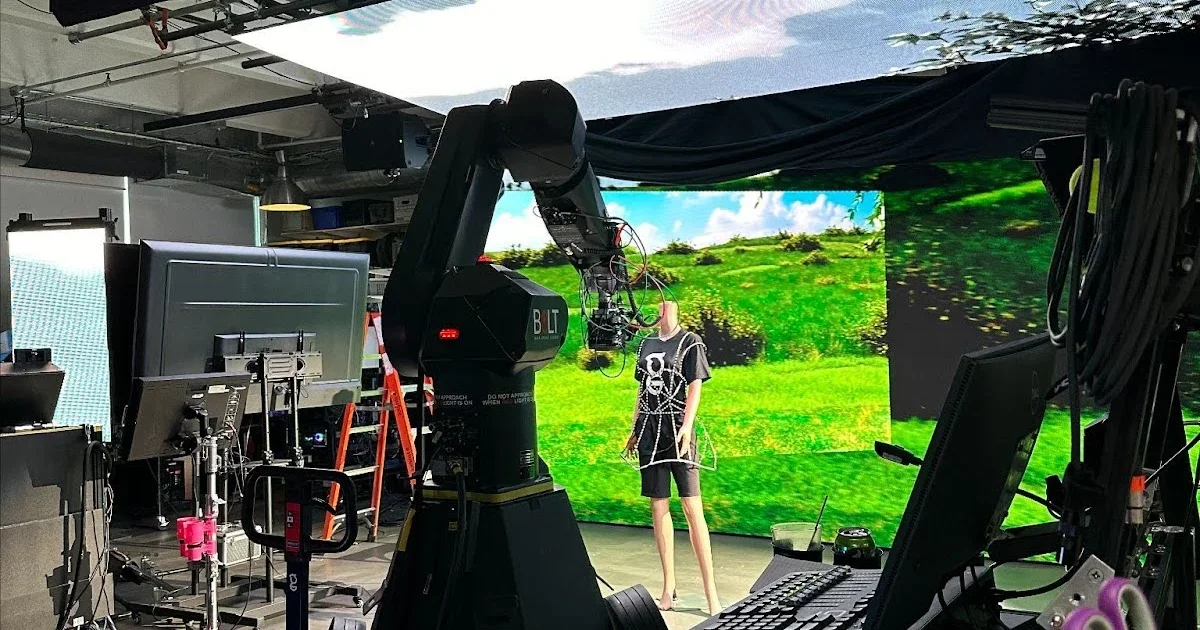Silicon Valley's Future Beyond Musk and Trump: A New Era Dawns

The public spat between Musk and Trump, largely centered around their differing endorsements in the upcoming presidential election, served as a stark reminder of the potential pitfalls of aligning powerful figures. While both men have, at times, enjoyed symbiotic relationships with the tech industry and the political establishment, their recent disagreement highlighted the inherent instability of such partnerships. It’s easy to focus on the drama, but the bigger picture is the broader, more resilient relationship Silicon Valley is building with Washington.
For years, Silicon Valley's engagement with Washington has been characterized by a focus on individual relationships – cultivating connections with key policymakers and influencing decisions through lobbying and personal appeals. While these efforts remain important, a more systemic approach is now taking root. Companies are increasingly investing in policy research, establishing in-house government affairs teams, and engaging in public education campaigns to shape the narrative around technology.
Silicon Valley’s priorities in Washington are multifaceted. Regulation, particularly concerning data privacy, antitrust, and content moderation, remains a significant concern. The industry is actively working to shape legislation that fosters innovation while addressing legitimate societal concerns. Furthermore, national security is a growing area of engagement, as tech companies grapple with issues like cybersecurity, artificial intelligence, and the potential misuse of their technologies. The development of advanced technologies like AI requires careful consideration of ethical implications and potential risks, and Silicon Valley is increasingly taking a proactive role in these discussions.
Another notable trend is the increasing power of industry associations like the Semiconductor Industry Association (SIA) and the Partnership for AI. These organizations provide a unified voice for the tech industry, allowing companies to collaborate on policy issues and present a coordinated front to policymakers. This collective action is proving to be more effective than individual lobbying efforts in many cases.
The dust from the Musk-Trump conflict will settle, but the underlying shift in Silicon Valley’s relationship with Washington is likely to endure. We are witnessing a move away from reliance on individual personalities and towards a more sophisticated, institutionalized engagement. Silicon Valley is maturing, developing a deeper understanding of the political landscape, and building a more sustainable foundation for its influence. The future of technology policy will be shaped not just by the whims of individuals, but by the collective efforts of a powerful and increasingly influential industry.
Ultimately, Silicon Valley’s success in Washington hinges on its ability to build trust and demonstrate a commitment to the public good. By engaging in constructive dialogue, prioritizing ethical considerations, and collaborating with policymakers, the tech industry can solidify its position as a vital partner in shaping the future of the nation. The recent drama may have been a temporary setback, but it has also served as a catalyst for a more strategic and sustainable approach to navigating the complexities of Washington.






